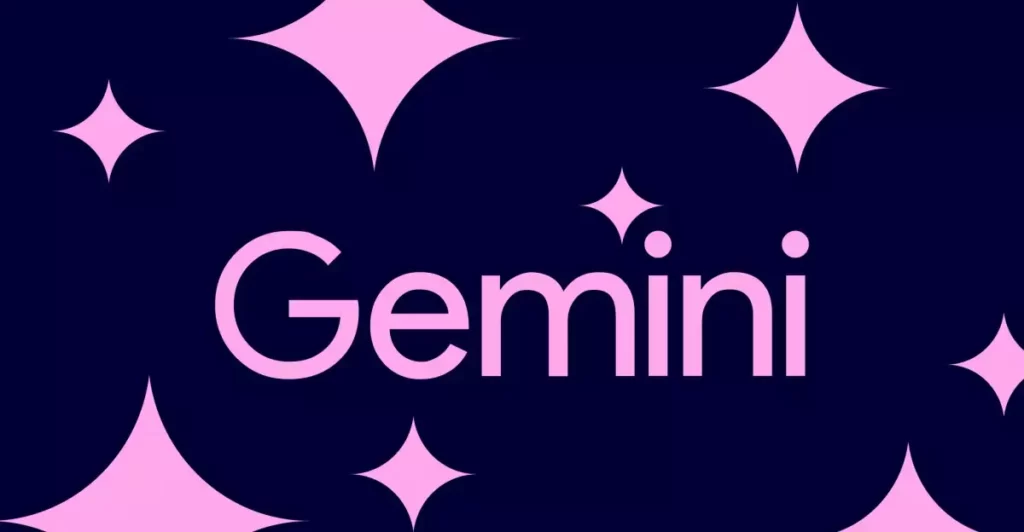Google’s latest endeavor into artificial intelligence, specifically with the launch of Gemini AI apps aimed at children under 13, poses both intriguing opportunities and unsettling dilemmas. The initiative is designed to integrate cutting-edge technology into the lives of young users through managed family accounts, allowing access while retaining a semblance of parental supervision. While the ability for children to engage with AI in educational contexts, such as homework assistance and creative storytelling, sounds promising, it triggers deeper concerns about ethical boundaries and the potential impact on a developing mind.
The Thin Ice of Trust
At the forefront of this initiative is Google’s commitment to safeguarding children’s data, assuring parents that it will not be exploited to enhance AI performance. On the surface, this appears commendable; however, the question remains: how much can we genuinely trust these tech giants with our children’s interactions? Although Google openly advises parents about the limitations of technology—like playful but misguided suggestions such as using “glue as pizza topping”—the crux of the matter goes beyond technical inaccuracies. The crucial challenge lies in nurturing a safe and reliable digital environment while grappling with the often murky emotional terrain that children face.
Reality vs. Artificiality
The intersection of children’s perception and AI blurs the line between reality and artificiality. Reports have surfaced of AI chatbots inadvertently misleading users, particularly children, into believing they are communicating with real human beings. The implications of this are troubling; young people, still forming their emotional and social frameworks, can easily misinterpret AI responses as genuine interactions. Consequently, how do we shield them from potential emotional distress when faced with the stark reality that their digital companions are, in fact, hollow algorithms devoid of real feelings?
The Urgent Need for Parental Guidance
Google’s premise that parents should proactively engage in discussions with their children about AI is vital. Merely introducing a sophisticated tool like Gemini isn’t enough; there’s an imperative to establish clear boundaries and provide context. It’s essential that children grasp the fundamental differences between AI and human interactions—namely, that AI can simulate responses but lacks understanding of significant human experiences like love, empathy, or moral discernment. In a world where technology often assumes a role of authority, equipping children with critical thinking skills becomes paramount. This is not just about using tech responsibly; it’s about fostering an environment that encourages inquisitiveness while discerning between virtual stimulation and substantive engagement.
Elite Engagement vs. Harmful Dependency
Parents must remain vigilant against the creeping dependence on digital solutions. While Gemini might serve as a supplement to traditional education and creative engagement, it’s crucial that it doesn’t overshadow foundational learning experiences. There’s a thin line between enhancing educational practices and creating a reliance on technological aids that could hamper natural cognitive and emotional growth. As psychological research continues to unveil the impacts of technology on young minds, parental involvement will remain the cornerstone of healthy digital engagement.
A Call for Ethical Development in AI
As Google embarks on this new digital venture, we must question what it means for child-focused AI development moving forward. Innovation in education is essential, but it cannot come at the cost of critical ethical considerations. How do we ensure that such advancements enhance childhood experiences rather than detract from them? These products should not only aim to contribute positively to learning, but they must also prioritize the mental and emotional well-being of children. The call for responsible development must resonate strongly within tech companies; without rigorous safeguards and thoughtful engagement strategies, we risk exposing our children to an environment where technology supersedes genuine interactions.
In the end, the launch of tools like Gemini is not just about improving educational methods; it’s ultimately about nurturing the holistic development of our young individuals. The balance between innovation and ethical oversight will determine whether we set forth a future filled with possibilities—or one fraught with risks.









Leave a Reply